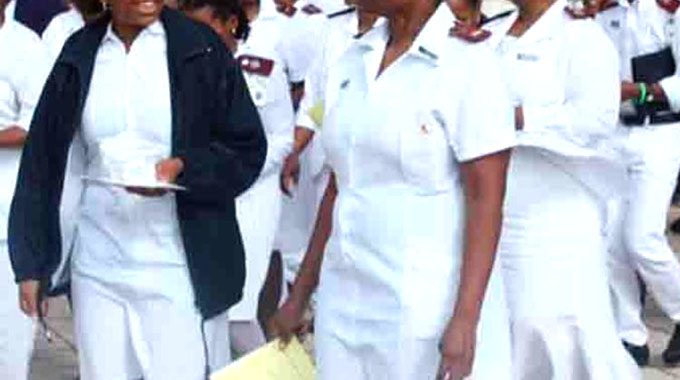Taking the sting out of ‘birds and bees’ talk
Youth involvement in Sexual and Reproductive Health Rights (SRHR) programmes can help young people become active agents and leaders in their communities by taking primary accountability for making decisions on matters that affect their lives.
Their participation can greatly enhance the accomplishment, attractiveness, significance, success and promotion of SRHR-related issues, whether they are sexually active or not.
Failure to understand their sexual reproductive health leaves youths exposed to child abuse, early pregnancies, sexually transmitted infections (STIs) and unsafe methods of sexual intercourse.
Youth participation can bring positive results if implemented.
For example, the United Nations Population Fund (UNFPA) recently held a competition for young people to produce videos on various SRHR issues that can be used to spread awareness on various matters affecting young people.
This noble move by UNFPA ensures youth participation and also promotes the uptake of programmes promoting health-seeking behaviour.
In an interview, Kudakwashe Sibanda, a youth who won one of the prizes at the competition, said: “It is important that youths know their SRHR as many of them are suffering from STIs at a very young age because they are not informed.”
If significantly informed by young people, they are more likely to take into account actual realities they are facing, and ensure that their needs, opinions and requests are reflected upon.
Participation by youths guarantees that they benefit directly from programmes meant for them.
Involvement in SRHR certifies that adolescents are given the opportunity to change policies and programmes in a manner that suits them.
Given this opportunity, youths are able to choose what is relevant for them, helping in making decisions related to their health.
Participation also gives youths a sense of belonging, ensuring that solutions to problems in SRHR are being considered, encouraging them to engage more.
Youths’ self-esteem, courage, competitiveness, accountability, and responsibility are influenced by their intervention in SRHR programmes.
Programmes meant for youths are most effective when done by them as they aim at designing programmes and policies they intend to change, with no influence from adults.
Early life involvement in SRHR enables adolescents to be leaders, not only at their levels, but at all stages of governance.
Youths can organise themselves into peer educators, teaching each other on the importance of knowing SRHR.
In most households in Africa, matters to do with SRHR are ignored. This is because it is believed parents cannot share such topicswith their children because it is believed to be a sensitive issue between the two.
However, this affects youths because they fail to get enough counselling to tackle such issues and leads to early and unwanted pregnancies STIs and sexual abuse.
Youth programmes, like the one being undertaken by UNFPA, should be done to ensure that they learn and contribute on issues affecting them and how they can be dealt with.








Comments